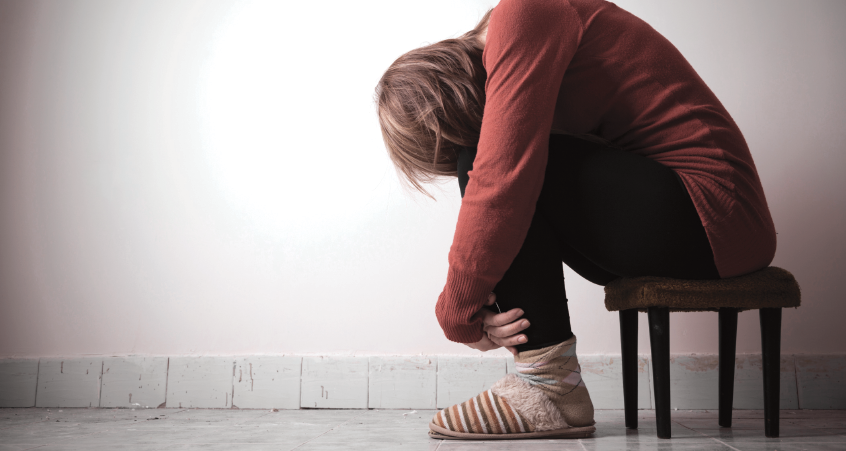By Melissa Wuske
Effective Suicide Prevention
In the face of rising suicide rates nationwide—despite interventions like the national suicide hotline—the Henry Ford Health System in Detroit has seen dramatic success. When they began back in 2001, they had a bold goal—zero suicides—and a new approach designed to head off mental health crises rather than react to them.
The program protocol begins with two questions primary care doctors ask every patient: “How often have you felt down in the past two weeks? And how often have you felt little pleasure in doing things?” As the process continues, patients receive needed interventions, like cognitive behavioral therapy and medication, and patients and their families have active input on the plans and treatments developed.
The comprehensive treatment is highly effective, but psychiatrist Doree Ann Espiritu, head of the program, emphasizes that the zero-suicide goal is just as important: “Because if you say we’re OK with five a year, one of those might be your brother or your friend. We aim for zero because it reminds all of us of what we would want for ourselves.”
Nonreligious People See Signs of a Creator
“Since the universe has organization, I think there is a creator who designed it.” According to a LifeWay Research study, most Americans (72 percent) agree with this statement. What may be more surprising is how nonreligious Americans responded: of that group, more people agree (46 percent) than disagree (40 percent) with the statement.
Ed Stetzer, executive director of LifeWay Research, said, “In an increasingly secular age, where the Christian faith has perhaps lost its home-field advantage, Christians will need to make their case for the creator and ultimately for the gospel. It appears people—even nonreligious people—are indeed open to apologetics arguments, if Christians will actually make them.”
A Second Chance for Prison Program Leader
Twelve years ago Catherine Hoke founded Prison Entrepreneurship Program, an organization that helps rehabilitate people in prison. But then a personal crisis and a highly publicized scandal in 2009 derailed everything.
“I was covered in the thickest wall of shame in my life,” Hoke said. “I didn’t want to live anymore because I felt like I had ruined God’s calling for my life.” But that wasn’t the end of her story. “The best thing that happened to me was that after I made my mistakes, my coming clean process is what started to heal me,” she said. “It was . . . people from the church who said we stand with you, we believe in you.”
As she rebuilt her life, she began Defy Ventures, an entrepreneurship, employment, and character training program for people with criminal histories. Since it began five years ago, Defy Ventures has served with great results more than 700 people who have criminal histories—a 95 percent employment rate and 3 percent recidivism rate for graduates of the program.
“I have my second chance at life. I have my second chance to extend second chances to others,” said Hoke. “This would not be the case if it weren’t for the grace of God and the grace of amazing people.”
Is Food Addicting?
In a not-so-shocking study, researchers at the University of Michigan asked people about 35 different kinds of foods and whether they felt they’d have problems controlling how much they ate of each. The foods most likely to cause compulsive eating were pizza, chocolate, chips, cookies, ice cream, French fries, cake, and soda—all processed foods with added fats and sugars, the researchers noted.
Melissa Wuske is a freelance editor and writer. She and her husband, Shawn, live and minister in Jamaica Plain, Massachusetts. Find her work online (melissaannewuske.com).



Comments: no replies